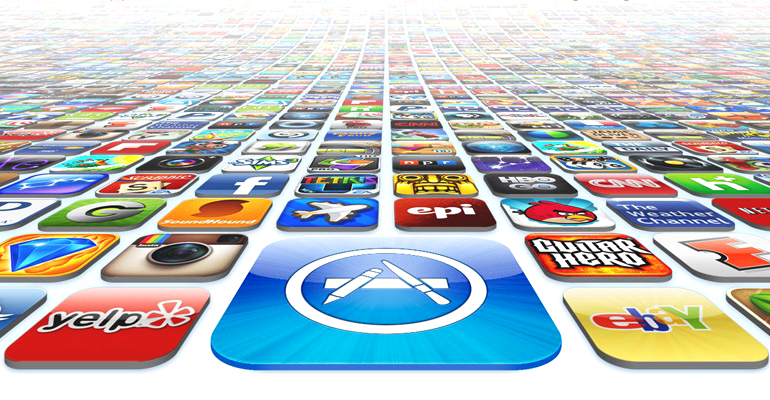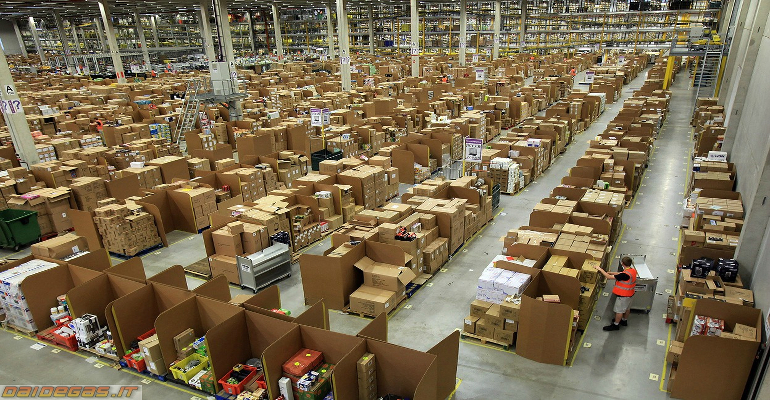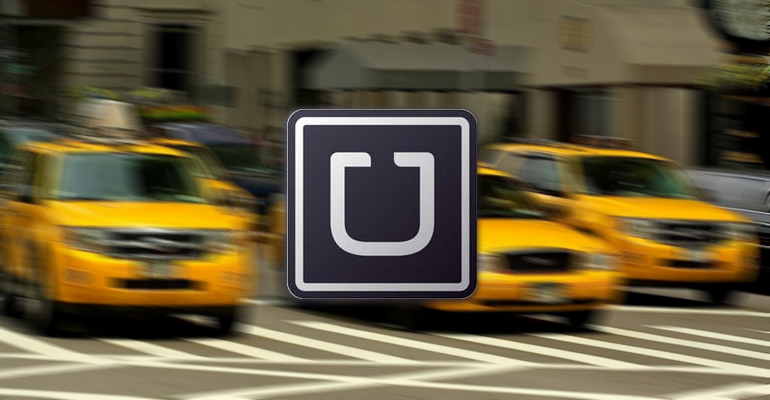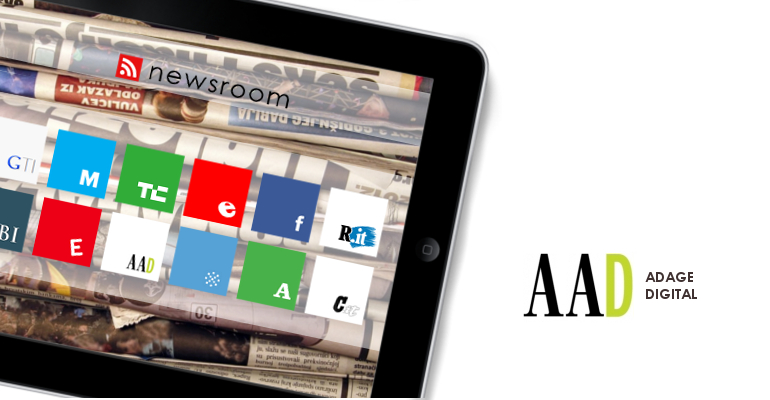
Apple Appstores and Google Play have gone down for the first time in their short history, and the Web and asks quietly concerned questions. A study by Deloitte found that monthly downloads in the UK, regarding both iPhone e iPad as well as Android users, plunged from 2,32 per user in 2013 to 1.82 in 2014. On the other hand, the number of smartphone owners who never downloaded an app is increasing: 20% in 2013 up to 31% this year. The end of an era? Market saturation? Mere consolidation?
Is it the end of the golden age? For the Financial Times it’s all very simple.An article by Tim Bradshow analyses the market by interviewing Appblockbuster developers and creators and finds that also on the app market the age of big companies has started and that of geeks has ended, one of the reasons being that the new land of conquest has moved from single consumers to large companies (a clear signal is the partnership between IBM and Apple that has been criticised by several supporters of the Cupertino-based company). In other words, geeks who invent a successful App are no longer sufficient, now broad shoulders are needed and a large group of developers who, instead of some shabby garage, work in a really cool open space at Silicon Valley.
Free to read: ‘Let’s face it, the app gold rush is over.’ http://t.co/uyQkebhbPrpic.twitter.com/Lp8YrLWGCr
— Financial Times (@FT) 20 Agosto 2014
The data from the Deloitte study only refer to the UK market and this is why Priori Data lowers the bar and just mentions an ordinary consolidation of a market that has always grown since 10 July 2008, when the appstoreApp opened online, with a significant boost for APPL also regarding revenue, while waiting for an iSomething that will match the “one more thing” philosophy (the iPhone 6 is expected in September, and Tim Cook has ordered large supplies in view of its launch). The Berlin-based agency, which thrives on the app economy it monitors and on the growing internet predominance of mobiles over PCs and laptops, interprets the situation less tragically than those who predict an impending new Dot-combubble similar to that of the internet (in the year 1997: centuries ago in the digital world …). Unless the App is free it doesn’t work is a very popular mantra, also supported by data (on average, 90% of downloads regard free applications), but Priori Data emphasises that charging money is not an obstacle in this field, but rather a way to select the species.
Paid apps: Does monetizing inevitably compromise your downloads?: http://t.co/8sRvXdouO8#GameDev#IndieDev#GameArt#ConceptArt — PRIORI DATA (@prioridata) 25 Agosto 2014
The offer for new apps grows while the demand falls, but the analysts from Berlin believe that the data revealed by the trend in June must not cause concern because “every industry follows the same four development phases (introduction, growth, maturity and decline)” and time rewards “the ability to accumulate experience, generate economies of scale and capitalisetrend analysis”. In other words, Piori Data believes that the maturity phase has started and that it doesn’t necessarily mean that the app economy’s revenue will decrease.
It’s not easy to predict whether it’s consolidation or the end of an age. For sure the app market is full of really embarrassing products. Just take a look at the little shows that Jimmy Fallon has been putting on for more than a year on apps like photobama (to take selfies while the US president is bombing) or Wax Alan Rickman (to simulate the chest waxing of the actor who played the role of Severus Piton in the Harry Potter saga).
Useful and business oriented apps seem to be the two needs shared both by those who predict recession and those who believe that the market is mature. For sure the age of geeks is ending and it will be interesting to see how the monopoly of big companies like Apple e Google will also extend to the development of applications, an issue that caused a cold war between the master Steve Jobs and his pupils Rubin and Page at the climax of the confrontation between iPhones and the first Android smartphones.






